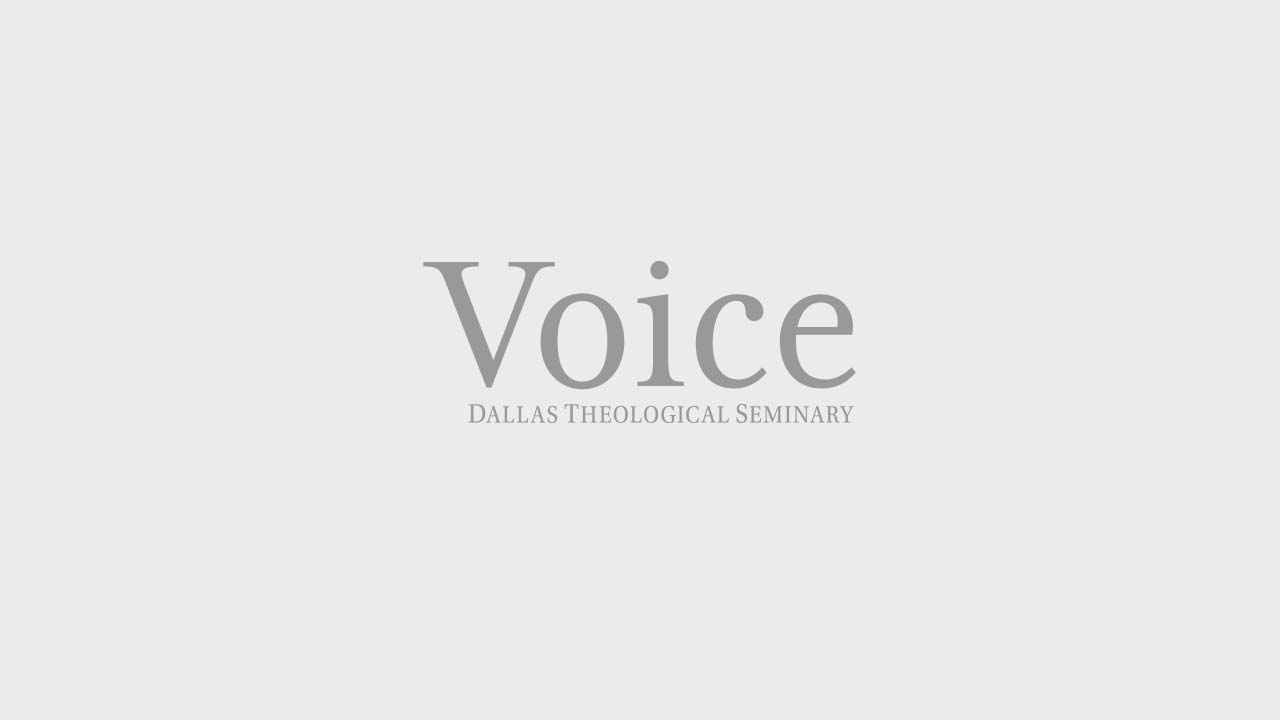Genesis and the Covenant of Creation: Genesis I
Bruce Waltke gives an outline of Genesis in its literary, historical, and scientific contexts.
Analysis of the Creation Account
- Structure of the Creation Narrative
- Five parts of the creation account
- Verse 1 as a summary statement
- The earth's initial chaotic state
- Pattern of the Six Days of Creation
- Announcement, commandment, and report structure
- Naming process on the first three days
- God's evaluation of creation
- Divine Council and Metaphorical Language
- God's conversation with the angelic court
- Analogical language used to describe God
Detailed Examination of Each Creation Day
- First Three Days: Forming the Cosmos
- Separation of light from darkness
- Creation of the firmament
- Separation of dry land from waters
- Second Three Days: Filling the Cosmos
- Creation of luminaries, fish, birds, and animals
- Humankind as the culmination of creation
Theological Implications
- God's Dominion Over Creation
- Naming as an act of dominion
- Humanity's role in naming and ruling creation
- Creation's Goodness and Humanity's Role
- Evaluation of creation as "good"
- Humanity's responsibility to not fear creation but to fear God
- Chronological Framework and Its Significance
- Understanding time in the context of creation
- The seventh day as a day of rest and sanctification
Genre and Interpretation of the Creation Account
- Literary Genre
- Various interpretations: hymn, myth, history
- Rejection of straightforward historical reading
- Scientific and Theological Perspectives
- Distinction between ultimate and proximate causes
- Creation account as non-scientific but theologically rich
- Anthropomorphic Language
- God's actions presented in human terms
- Understanding the text as a representation of divine truths
The Image of God
- Human Dignity and Responsibility
- Humanity created in the image of God
- Implications for human dignity and equality
- Cultural Mandate
- Humanity's mandate to rule and fill the earth
- Theological and practical implications of the cultural mandate
- Redemptive History and New Creation
- Christ as the image of God
- The church as the new humanity in Christ
Conclusion
- Encouragement to reflect on the creation account
- Invitation for further questions and interaction
*The above summary is AI-generated, so discrepancies may exist. Please refer to the audio or video file to verify accuracy.

